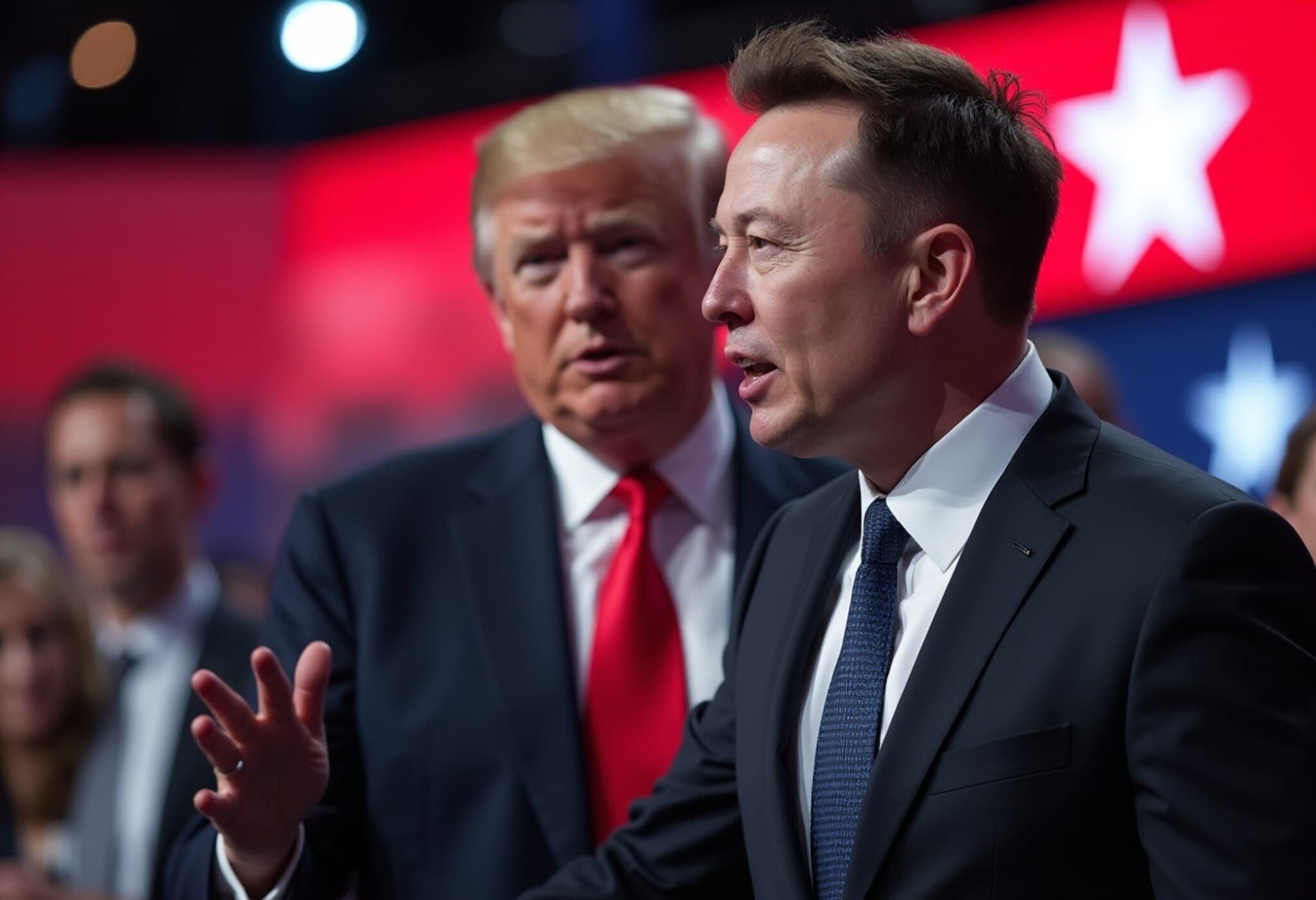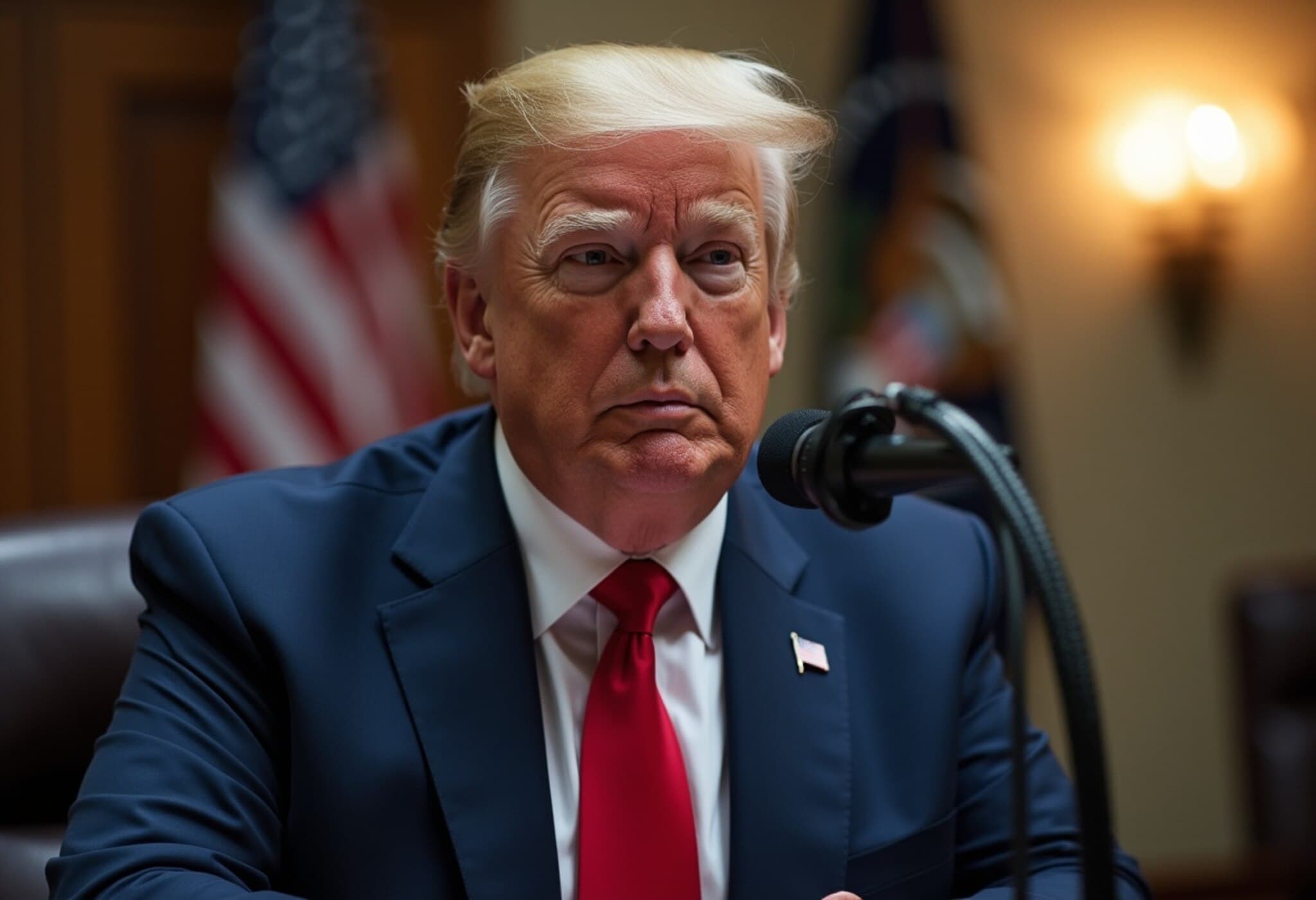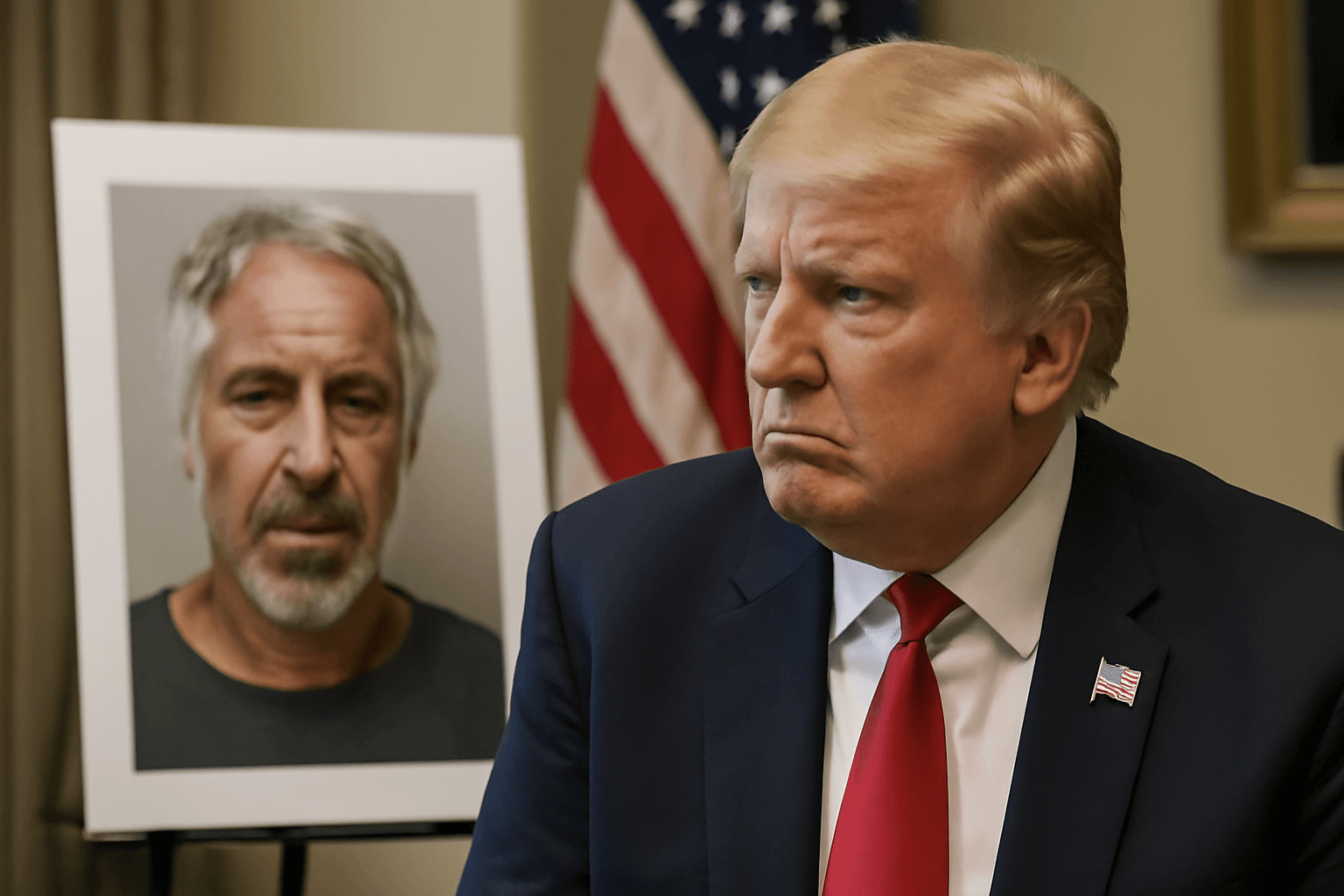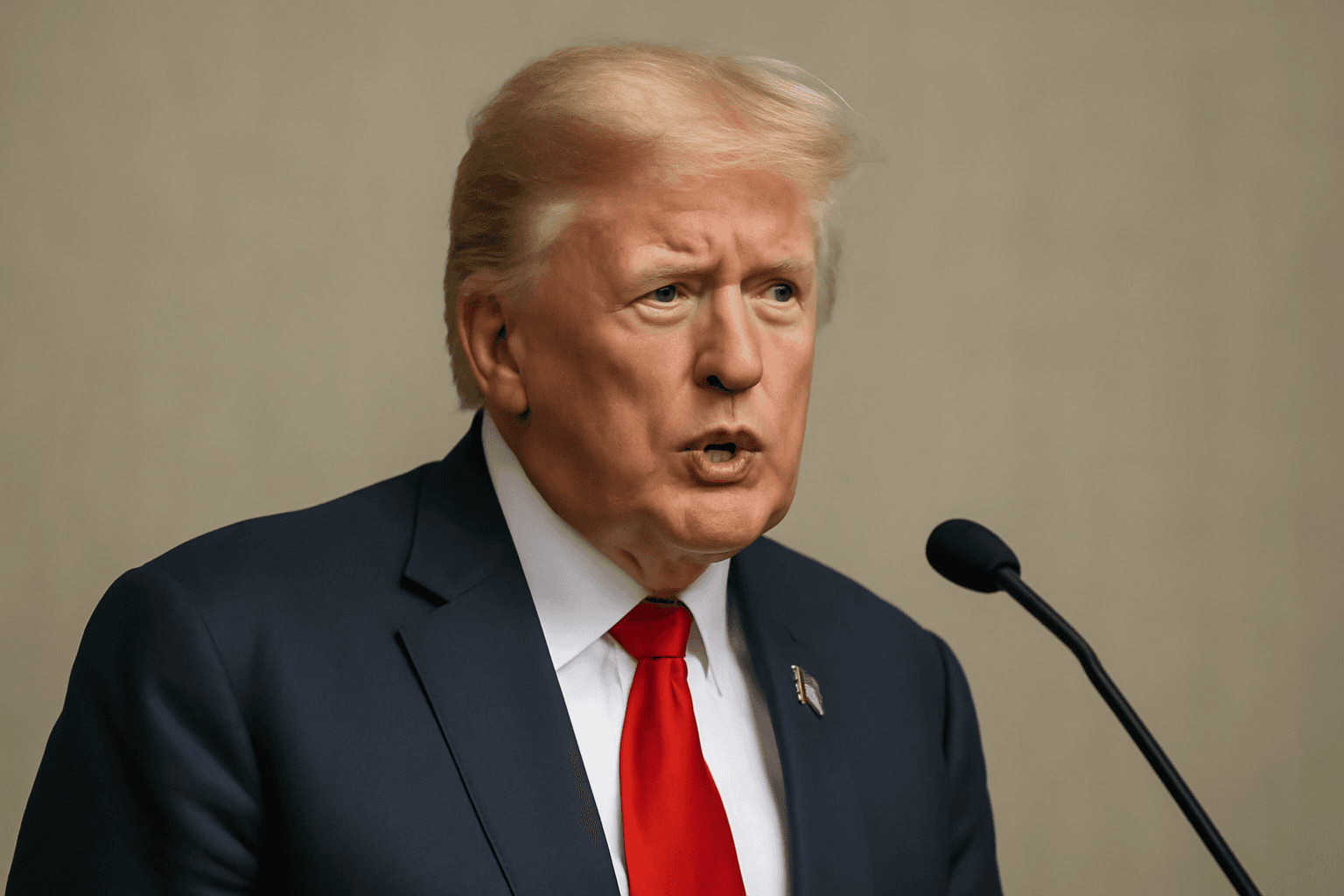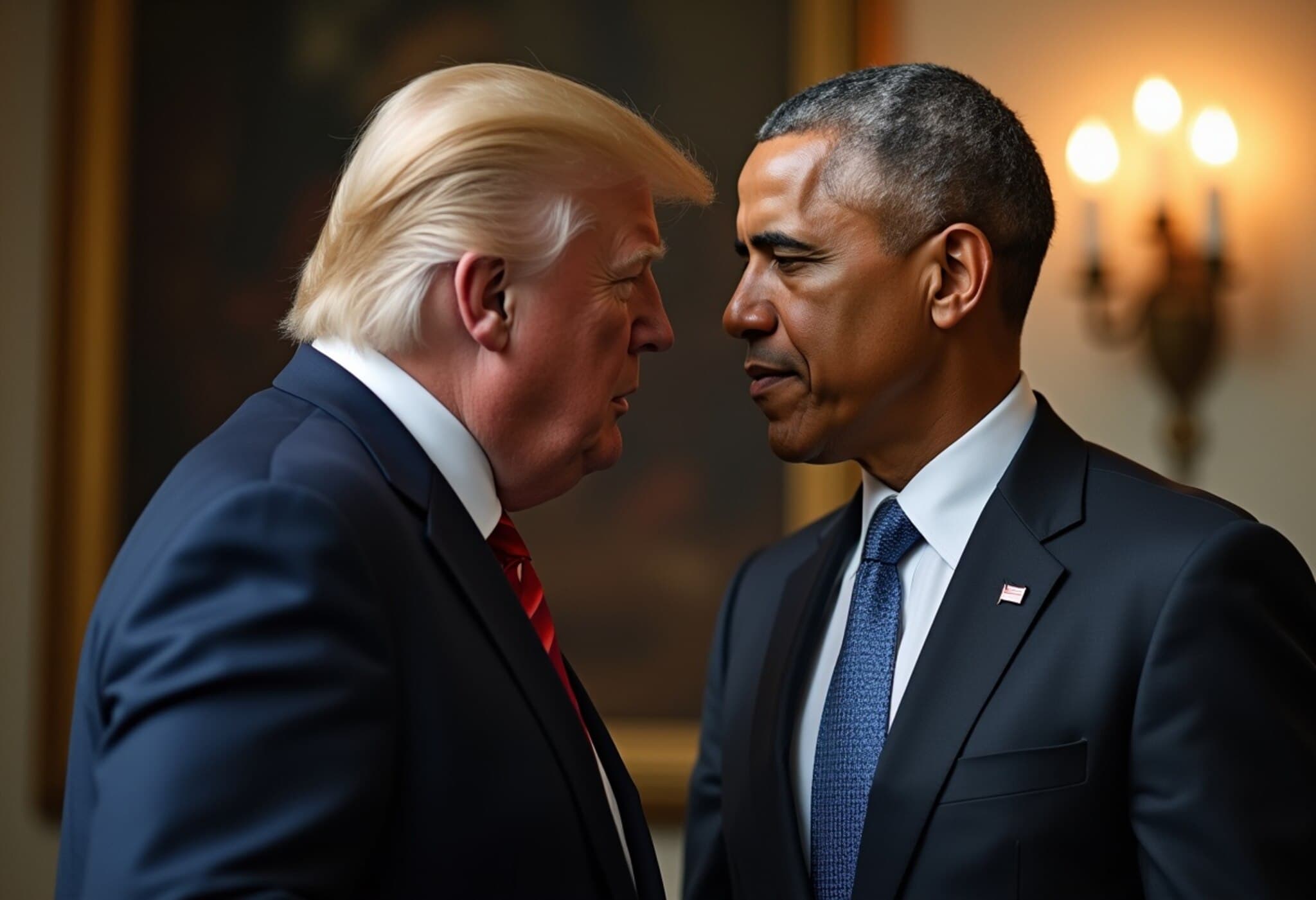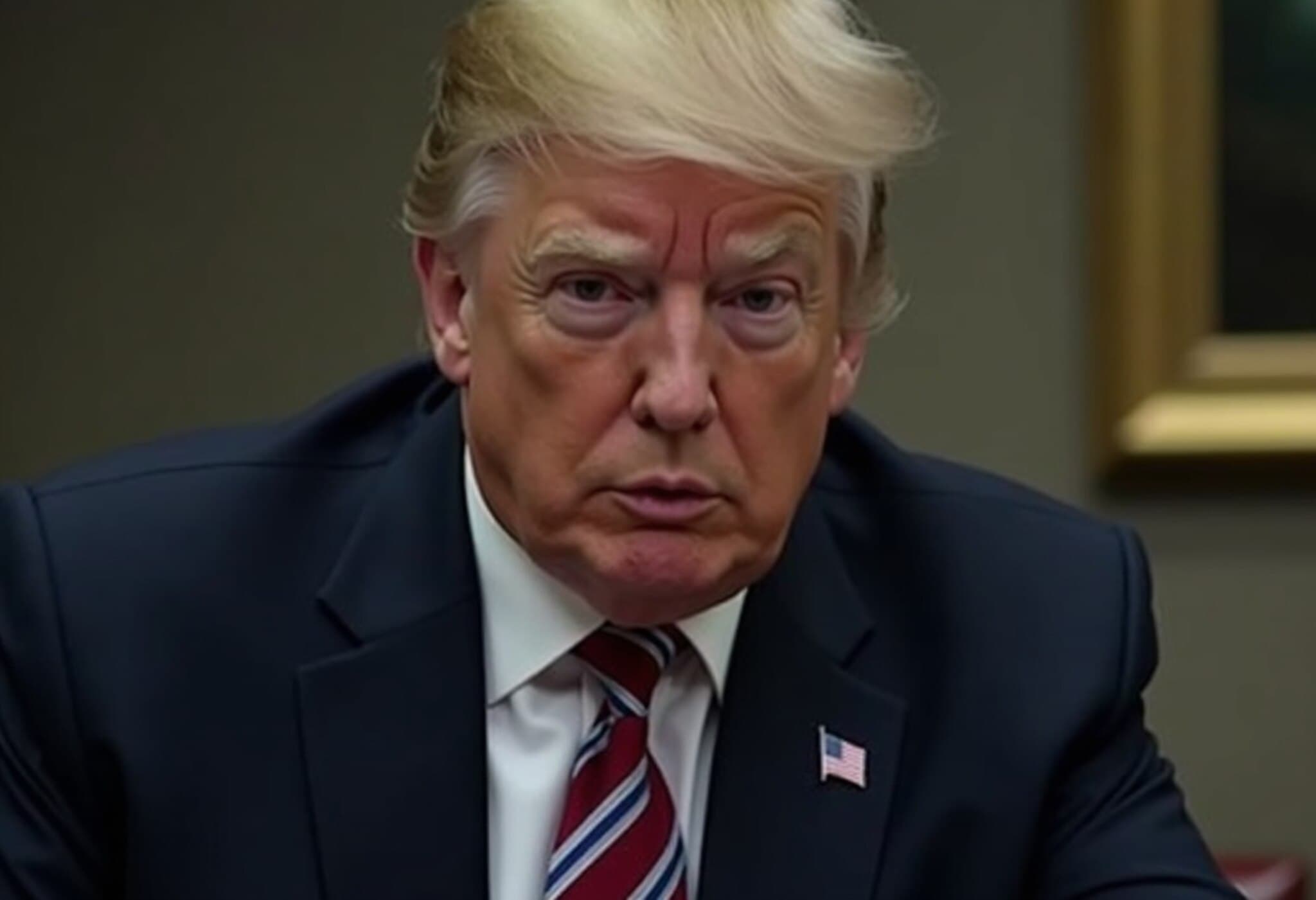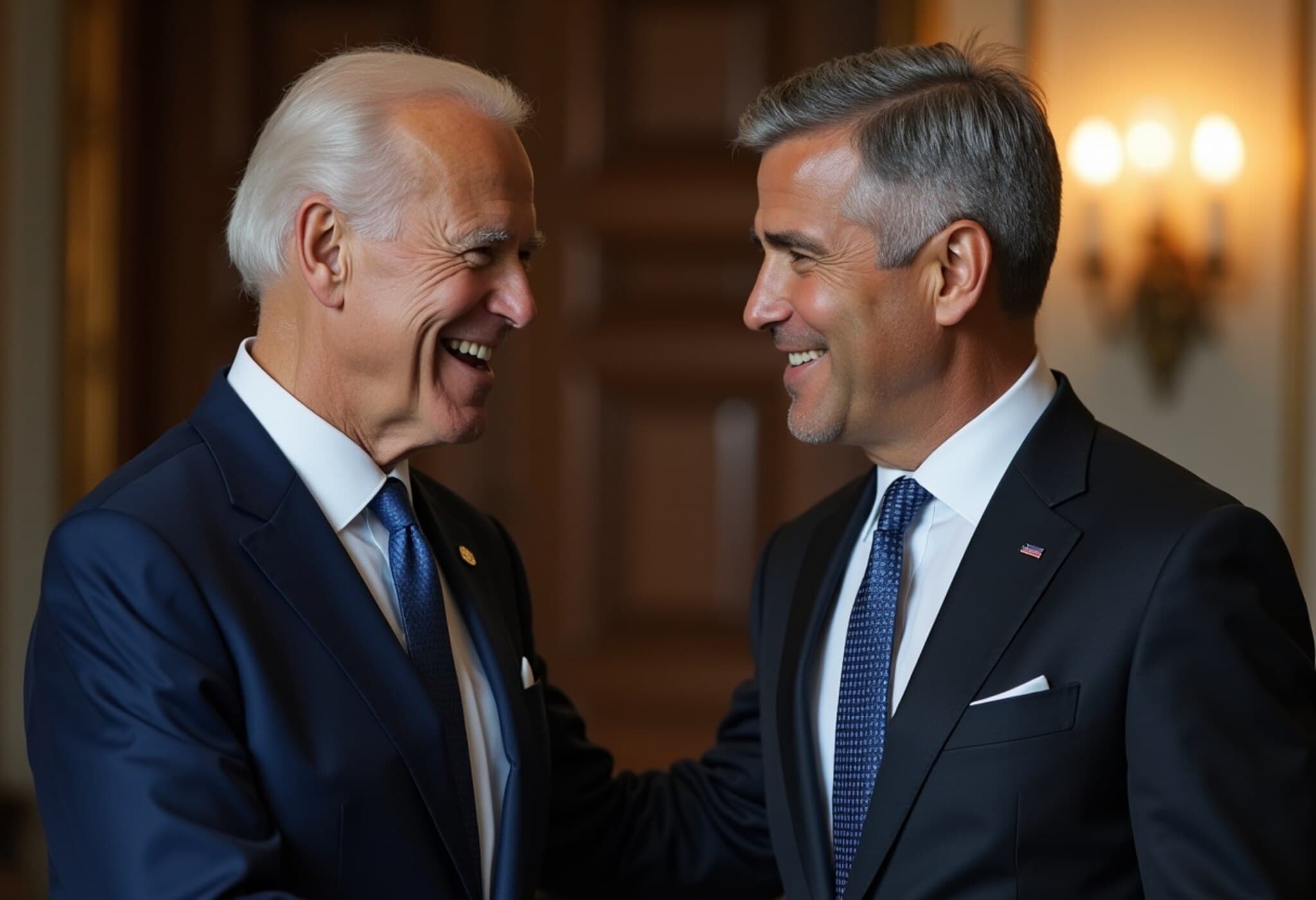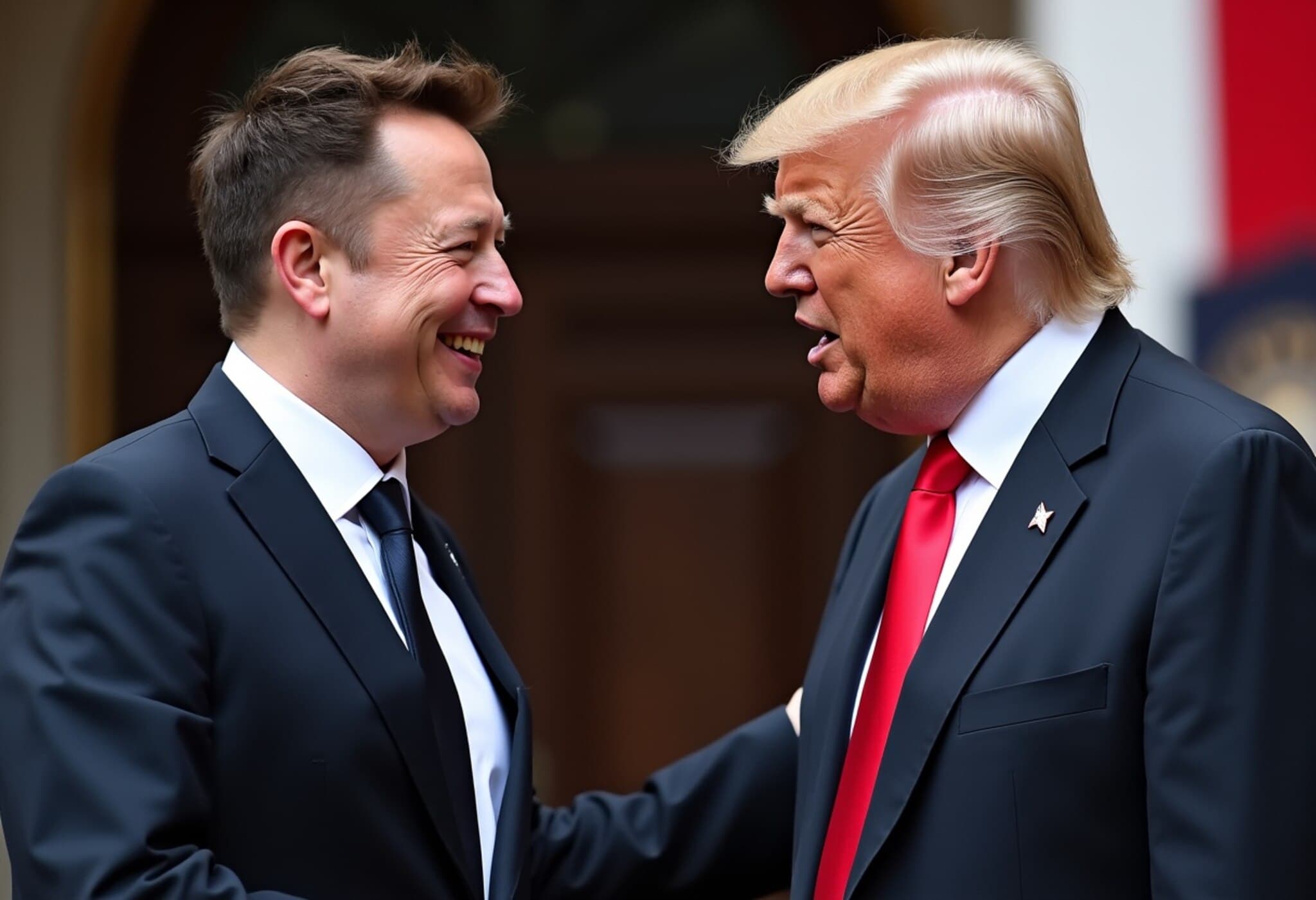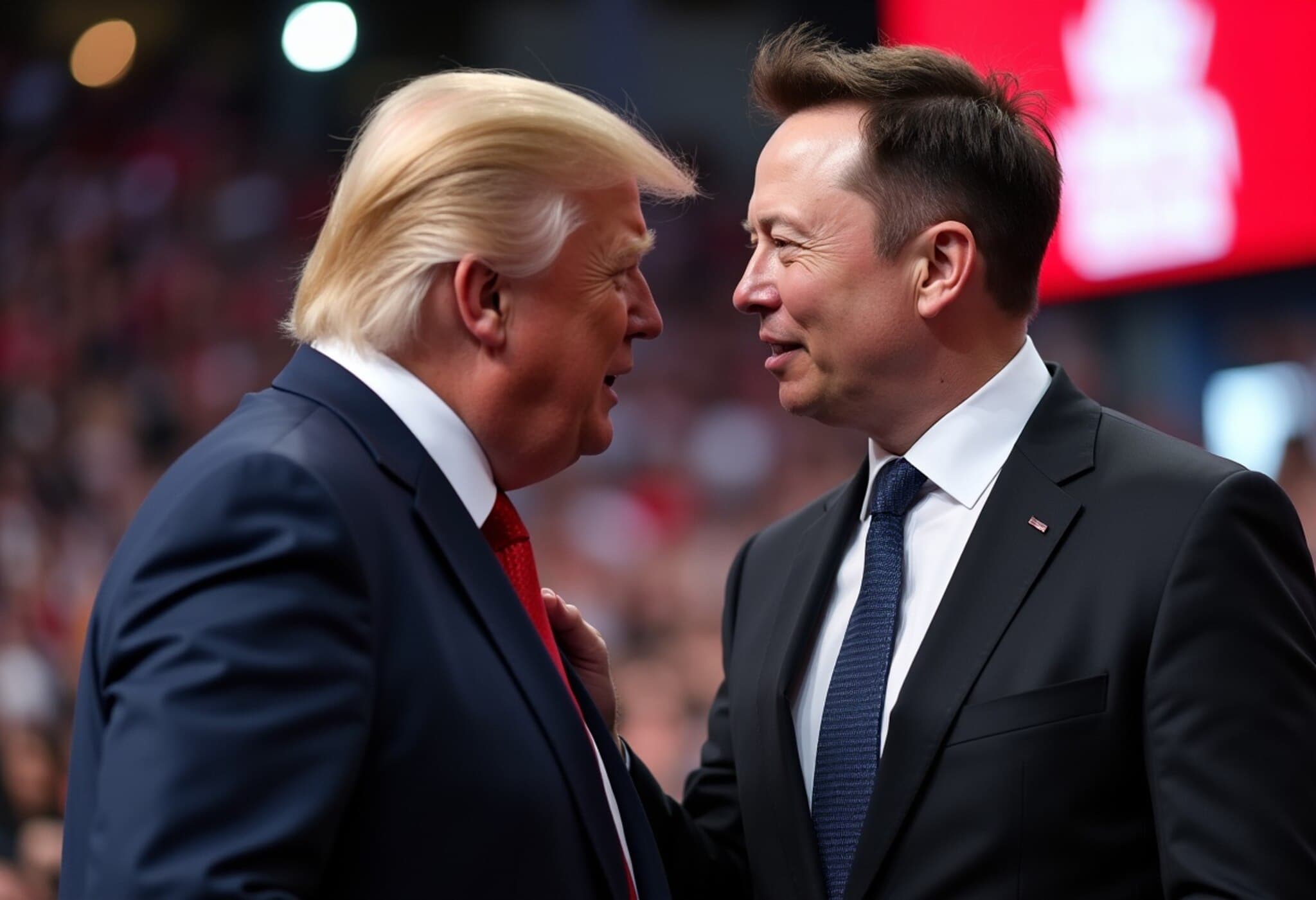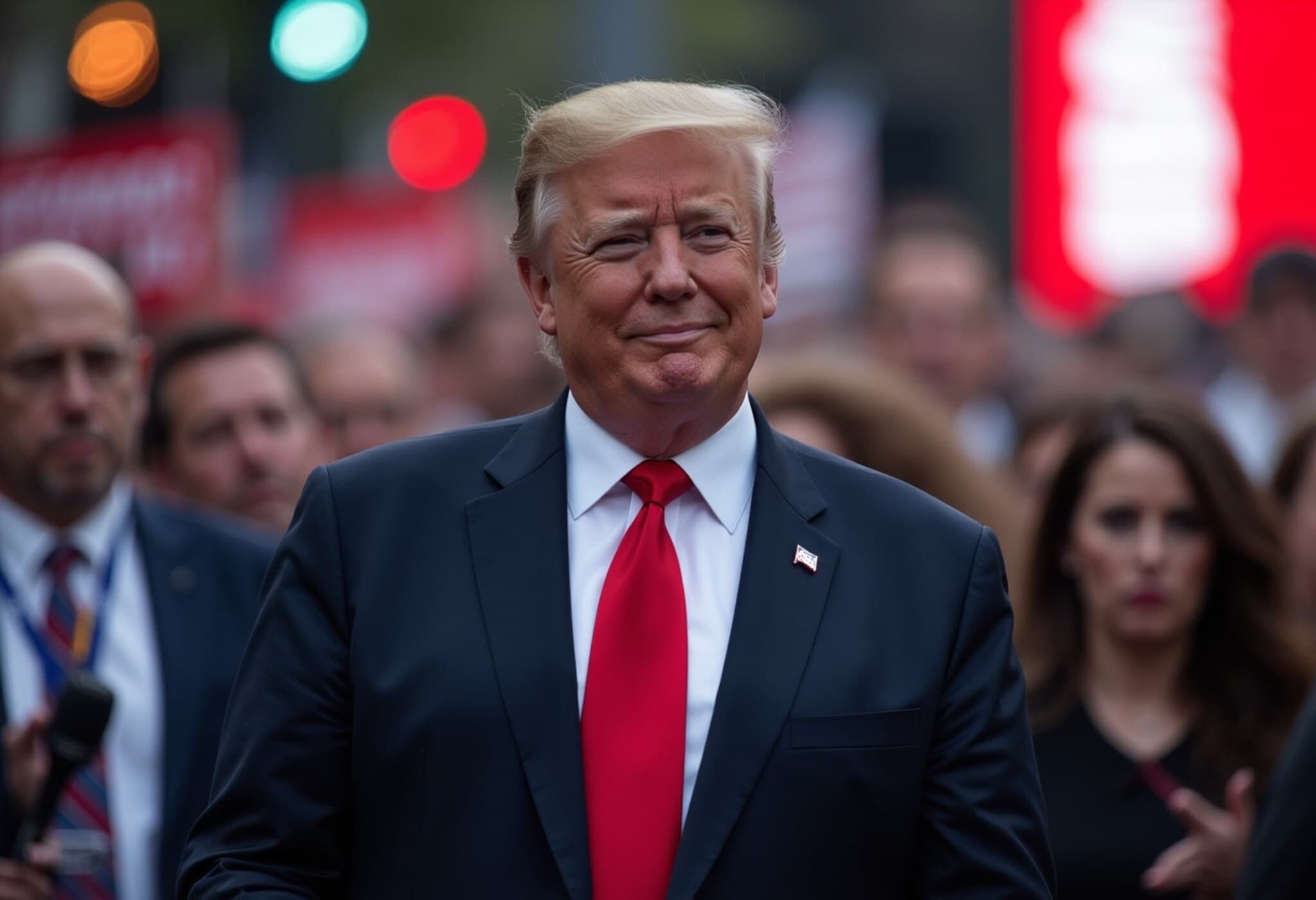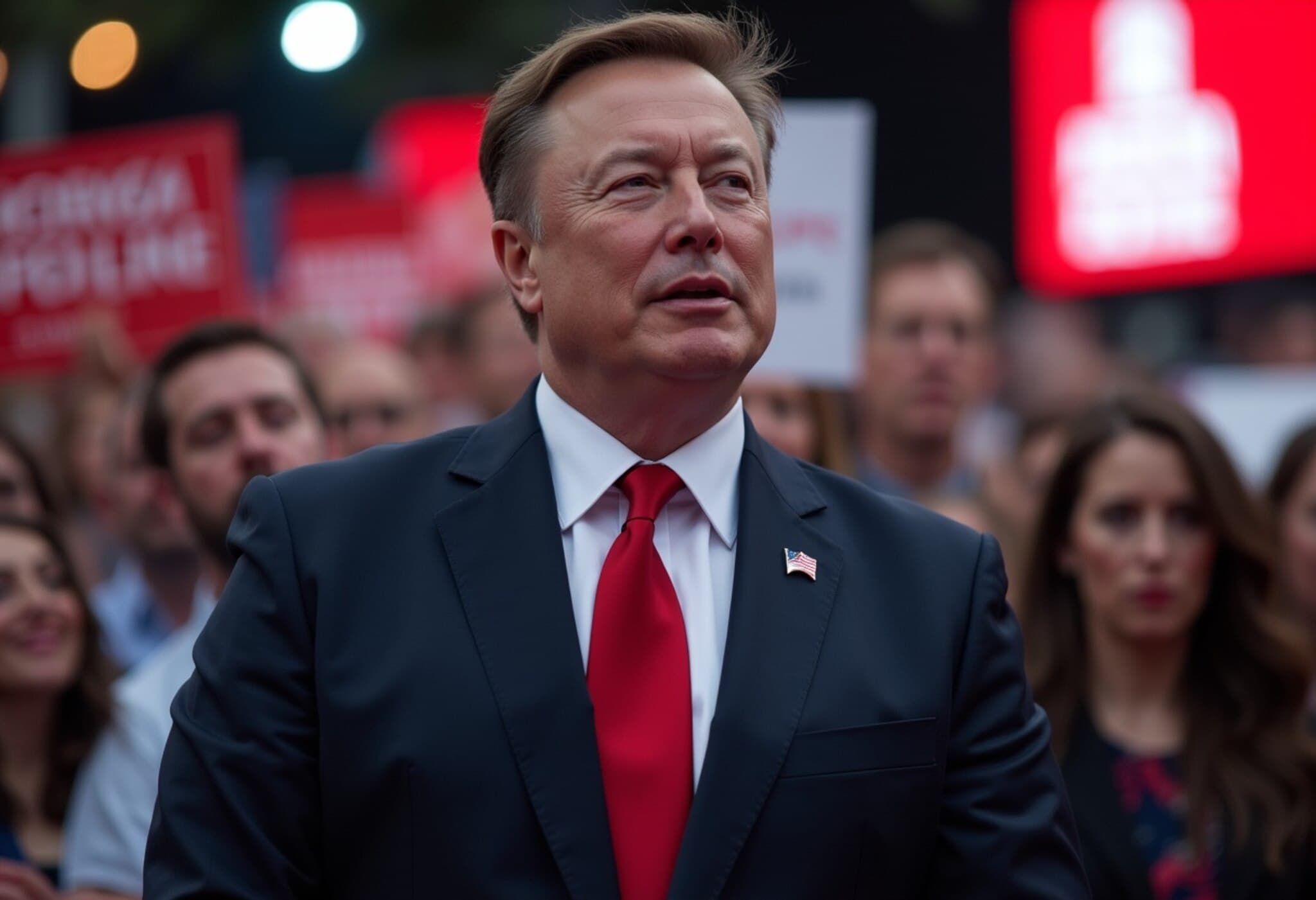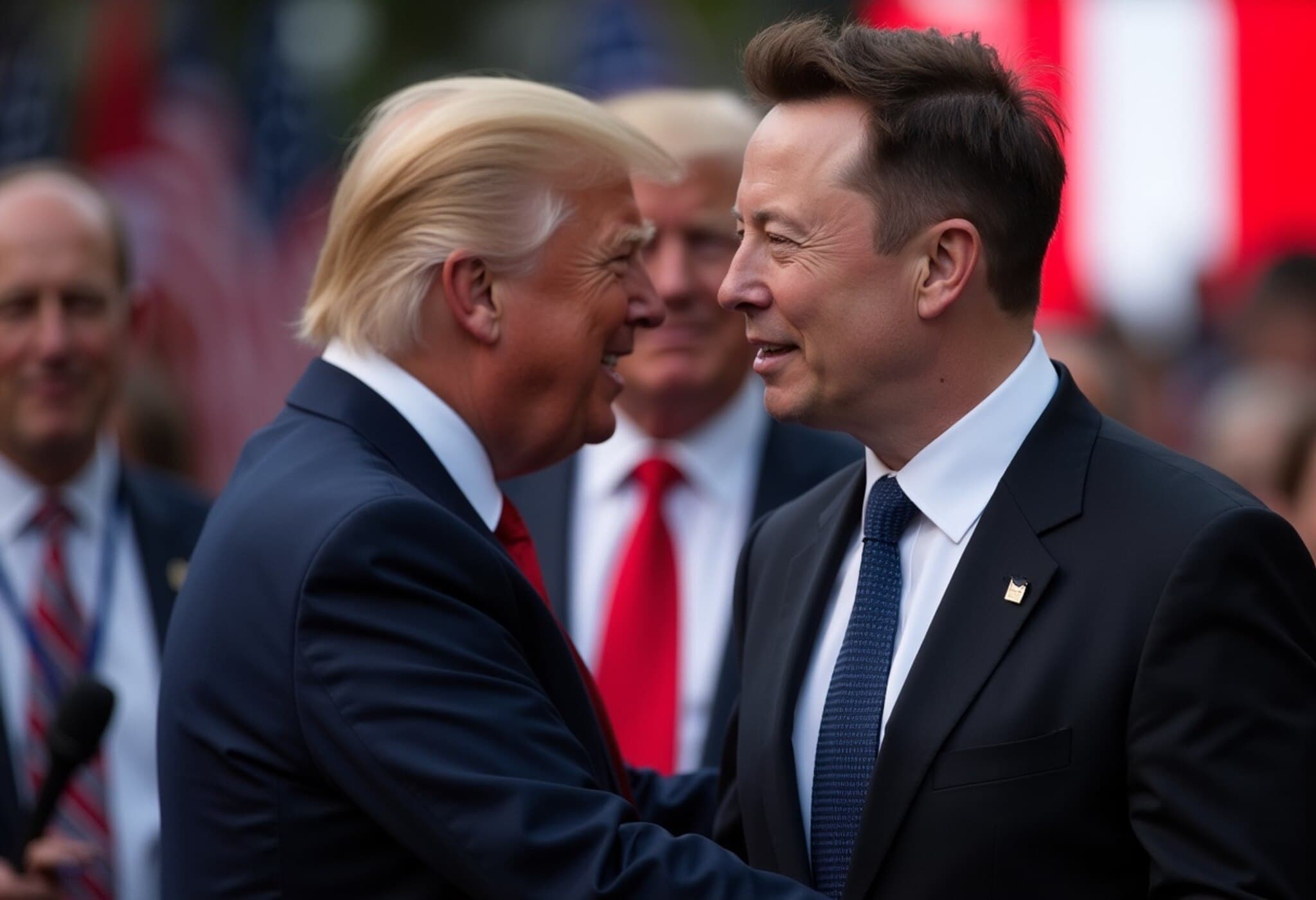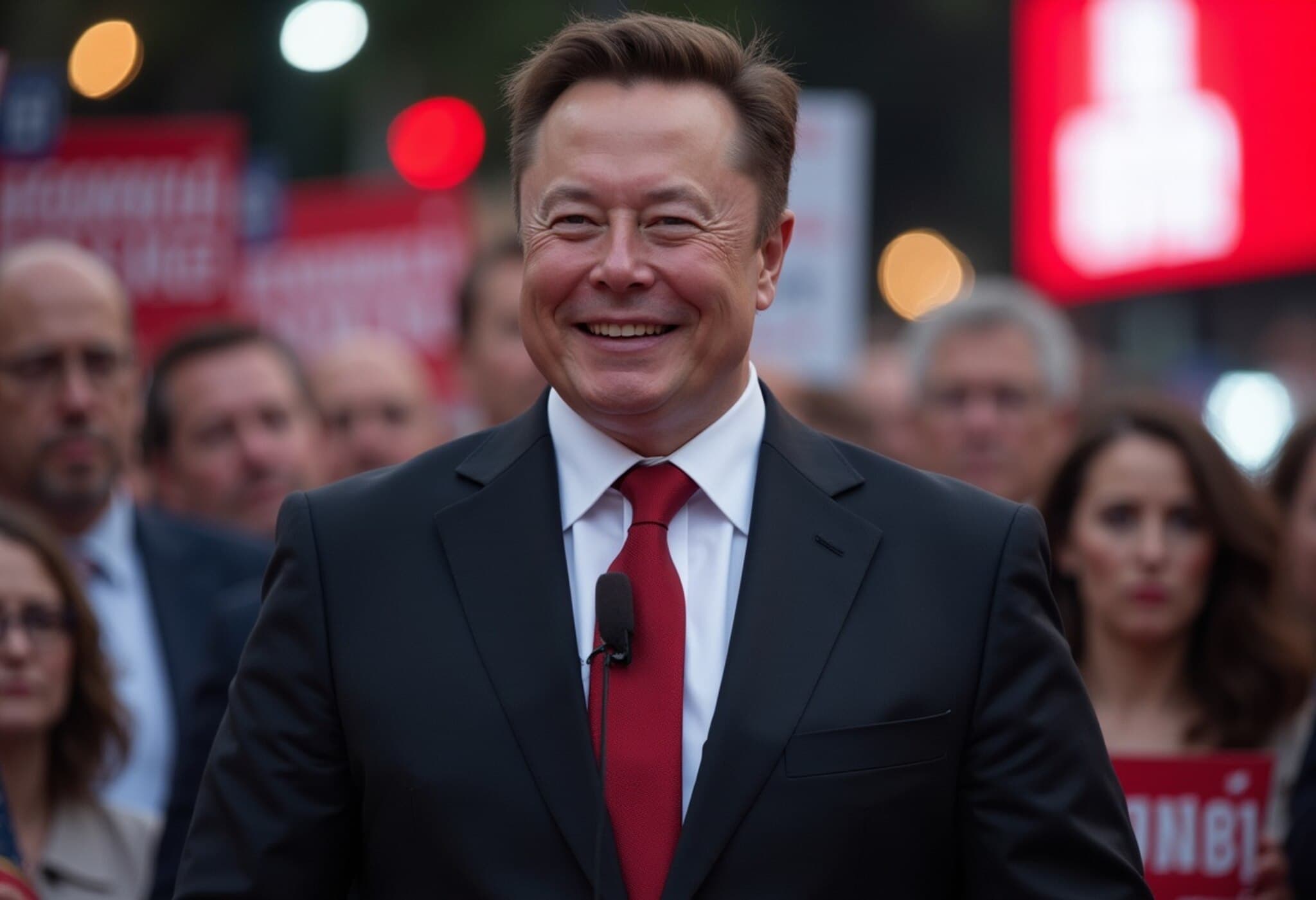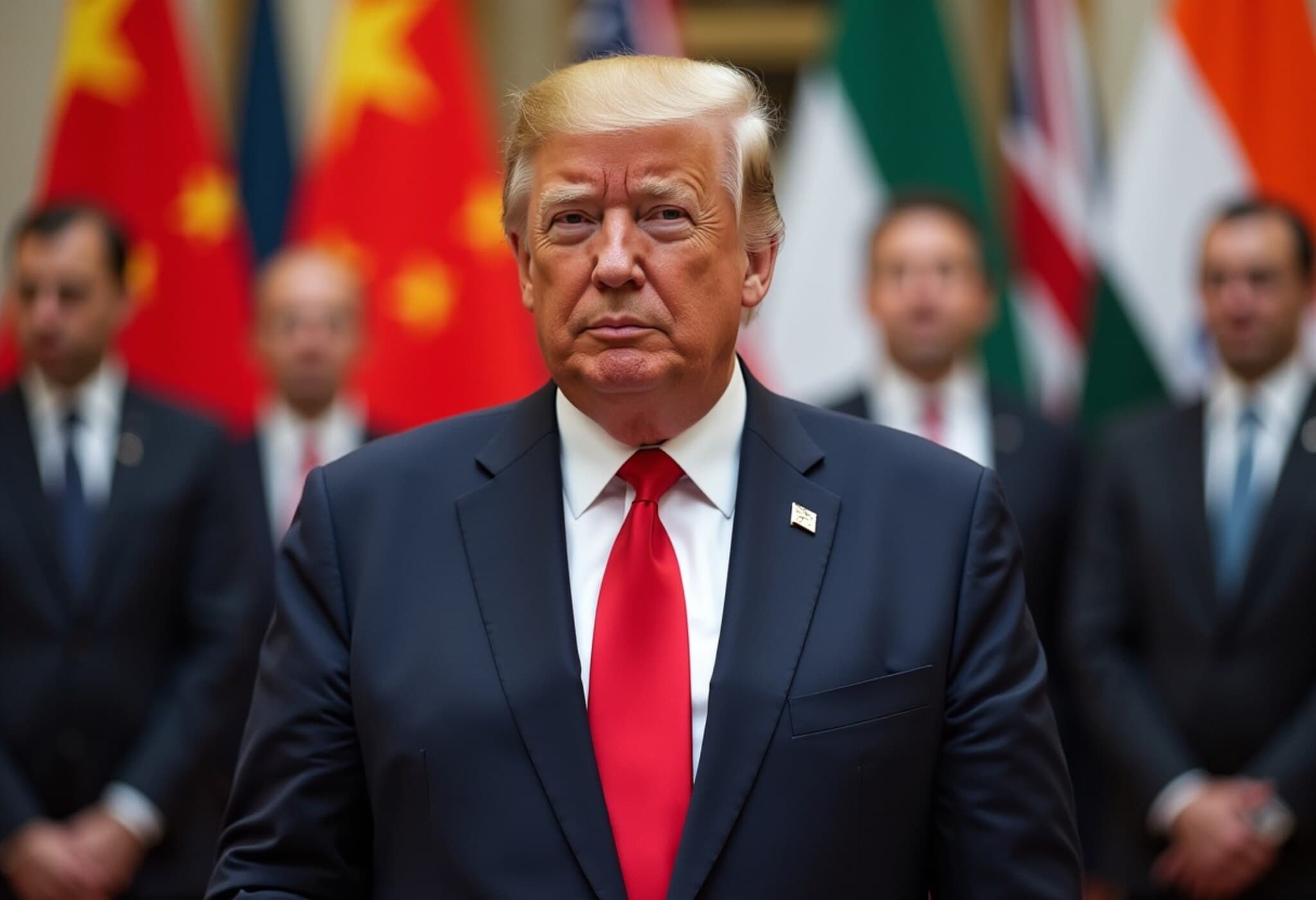Elon Musk Launches ‘America Party’ Amid Public Feud with Donald Trump
In an unexpected political move, Tesla and SpaceX CEO Elon Musk announced the formation of his own political entity, the ‘America Party’, aiming to disrupt the traditional two-party system in the United States. However, the announcement quickly reignited tensions with former President Donald Trump, who responded with sharp criticism and dismissive remarks.
‘What’s Truth Social?’: Musk’s Provocative Retort
Trump, who has leaned heavily on his own social media platform, Truth Social, mocked Musk’s new initiative, branding it a chaotic distraction. In a notable comeback, Musk publicly questioned the platform’s relevance, sarcastically remarking that he had “never heard” of Truth Social, effectively trivializing Trump’s media bastion.
The Firestorm Unfolds
- Trump labeled Musk a “trainwreck,” highlighting the former ally’s erratic political forays.
- Musk fired back, challenging the efficacy of the Department of Government Efficiency (DOGE), complaining about a $5 trillion debt increase despite the agency’s intent.
- This escalating exchange follows Musk’s withdrawal from DOGE after criticizing Trump’s signature ‘Big, Beautiful Bill’ for ballooning the national deficit.
Breaking the Mold: Musk’s Challenge to Bipartisanship
Musk’s announcement, made on X (formerly Twitter), declared, “By a factor of 2 to 1, you want a new political party and you shall have it! Today, the America Party is formed to give you back your freedom.” This rhetoric taps into growing public frustration with polarization and the perceived stagnation of Republican and Democratic politics.
Yet, launching a viable third party in America has historically proved daunting. The US political landscape, characterized by winner-take-all elections and deep party entrenchment, rarely accommodates sustainable third-party movements. As Trump aptly noted, “Third parties have never succeeded in the United States—the system seems not designed for them.”
Political Context and Expert Perspectives
Musk’s political ambitions come in a period where growing disillusionment with major parties has spurred interest in alternatives, exemplified by independent candidates and grassroots movements. However, experts caution that despite public appetite, structural barriers—such as ballot access laws, debate inclusion rules, and electoral college dynamics—pose significant challenges.
Dr. Karen Fields, a political analyst at Georgetown University, explains: “Musk’s celebrity and financial clout provide a unique platform, but transforming that into sustained political influence requires more than a splashy launch. The core question is whether America’s electoral framework will permit a third party to compete seriously or simply absorb votes, inadvertently favoring one major party over the other.”
What’s Next for Musk and Trump?
As the political landscape braces for the 2026 midterm elections and the 2028 presidential race, Musk’s venture may further complicate Republican dynamics. Trump’s own base could be divided if Musk’s platform gains traction, leading to a fragmented conservative vote.
Meanwhile, Musk’s public rebuke regarding the $5 trillion debt spike highlights broader fiscal debates that underpin party platforms. His critique of the ‘Big, Beautiful Bill’ touches on America’s ongoing struggle with balancing ambitious policy goals and fiscal responsibility.
Unpacking the Implications
- For voters: Does Musk’s America Party represent a genuine alternative or political vanity?
- For the political system: Will established rules suppress third-party viability, or is this a moment signaling systemic change?
- For Trump and GOP: How will internal divisions shape Republican strategy and candidate selection?
Editor’s Note
The Musk-Trump feud is more than celebrity sparring; it embodies the fault lines of American politics today. Musk’s bold step to pioneer a third party challenges the entrenched bipartisan order, raising critical questions about democratic representation, fiscal policy, and the evolving role of tech moguls in governance. Observers should watch closely whether this is a fleeting controversy or the precursor to a significant realignment in US political dynamics.

